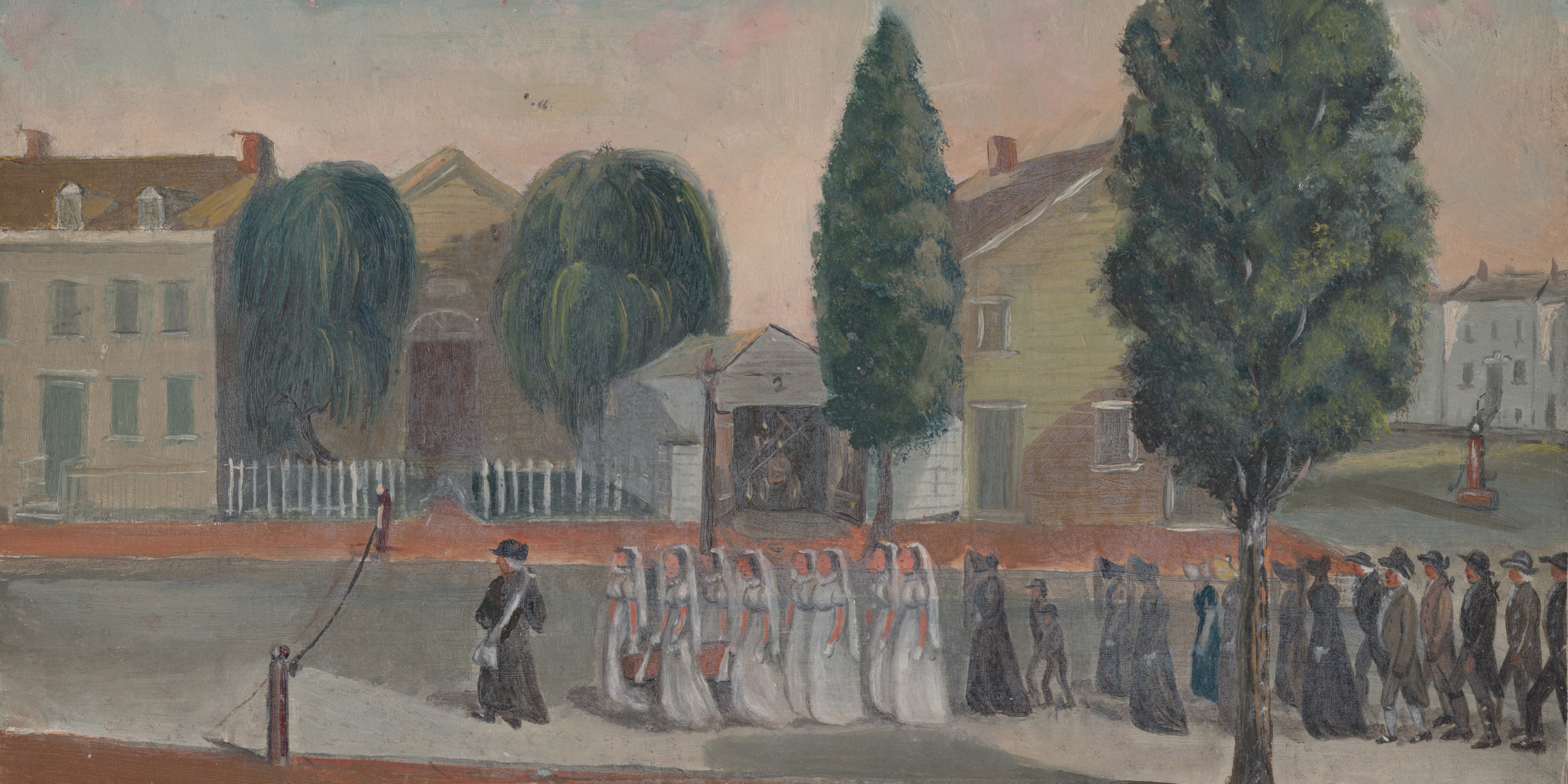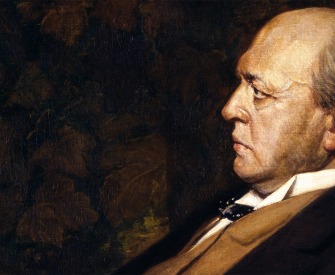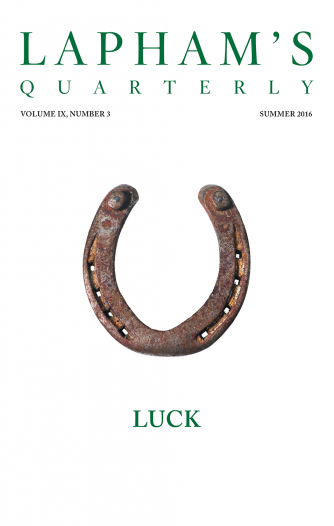All the world is topsy-turvy, and it has been topsy-turvy ever since the plague.
—Jack London, 1912Against Contagion
Charles Maclean decries the “terror” of sanitary laws.
Were pestilential contagion proved unquestionably to exist, sanitary laws would notwithstanding be unjustifiable. They would be still a grievous, barbarous, cowardly, and selfish code—a great, positive, and certain evil—which legislatures and governments can have no right to inflict on certain portions of mankind already suffering, in order to afford to other portions the presumed means of escaping a sickness not necessarily fatal.
It is most certain that if persons laboring under smallpox, measles, or any other known contagious disorder were doomed, in consequence of sanitary police regulations, to remain exposed to a noxious atmosphere, such as the pestilential contagionists allege is indispensable to the activity of their virus, the deaths of almost all of them would be ensured. No fevers, whether produced by a specific contagion, or the causes of epidemics, are at their commencement necessarily mortal; if not improperly treated or interfered with, the danger is not even great; but apply noxious air, and terror, and very few will escape. Nor would this wholesale murder be the less unjustifiable, that the cause of the disease might be contagion; in smallpox, for instance, would it be justifiable, by the application of terror and foul air, to expose some children to certain death, in order that other children might have a chance of escaping? No reasonable man will make such an assertion. And would a proceeding of this kind be less cruel, immoral, or unprincipled, in respect to patients laboring under epidemic diseases, were these diseases admitted or proved to be actually contagious? Whether a disease be contagious or not contagious, to compel the sick to remain exposed to a noxious atmosphere is equally to ensure the death of by far the greatest proportion of those so exposed; it is wholesale official murder, and to effect it by the forms of law does not diminish the moral turpitude of the act.
Considering the nature of sanitary laws, it might be supposed that in all the epidemic diseases, erroneously reputed contagious, against which they had been intended to guard mankind, it had been discovered that there exists from their commencement some property decidedly fatal; certainly nothing less than such a discovery could justify these laws. Of how much deeper turpitude, then, will they appear when it is shown that the extraordinary mortality of the diseases which it is their professed object to avert has absolutely no other source than themselves!
Thus whether epidemic diseases be deemed to depend upon contagion or other causes, sanitary laws are unprincipled because their operation is directly, powerfully, and unequivocally injurious, or rather destructive to mankind. They are immoral because they beget cruelty, selfishness, cowardice, and a desertion of relations and friends; and finally, they are unjustifiable because they have no quality or qualities capable of counterbalancing in any degree the enormous mischiefs which they occasion to society.

Infant Funeral Procession (detail), by William P. Chappel, c. 1870. The Metropolitan Museum of Art, Edward W.C. Arnold Collection of New York Prints, Maps, and Pictures, bequest of Edward W.C. Arnold, 1954.
The dread of an imaginary is far more destructive than the dread or even the actual operation of a real contagion. The principle must be obvious by which it happens that the dread of an unknown, mysterious, imaginary, and incomprehensible agency, from which we every moment apprehend destruction, is necessarily more fatal in its effects than that of either a real and known contagion, as that of smallpox, or of any other deleterious object cognizable to the senses, as a pestilential atmosphere. This is even acknowledged by the pestilential contagionists. Rivinus relates that during the plague of Leipzig, in 1680, fear wrought greater mischief than the true contagion itself; “he did not know a single instance of sickness occurring from the plague which did not originate in terror.” Constance and Tomasino, who attended the hospitals during the pestilence which almost depopulated Rome in 1655, declared that “all who were timid were carried off by the distemper.” But if such be the effects of terror inspired by popular faith only, what must be expected to be its effects when that popular faith is sanctioned, invigorated, and excited by municipal regulations and legislative enactments? The intensity of terror must be thereby augmented in a dreadful ratio; and it only requires the addition of the surrounding scenes of sickness, misery, and death, when an epidemic arrives at its highest degree of severity, to complete the picture of human calamity and wretchedness. The application of such a combination of moral causes of destruction it can be the lot of very few to survive.
The terror occasioned by the application of sanitary laws, superadded to a lesser degree of the proper causes of epidemics than would otherwise be sufficient to produce disease, will occasion sickness, misery, and death.
There are also a variety of ways, besides its direct operation on the mind of the sufferer, in which the terror incidental to the operation of sanitary laws, combined with that which is the result of popular faith, produces, or concurs to produce, those various injurious consequences.
Persons who find themselves attacked by any epidemic disease reputed contagious, knowing that upon their disease being declared, they will be most probably abandoned by all the world, conceal their sickness as long as they are able, i.e., until if even an efficient treatment were at hand, they are past recovery. This renders the application of an efficient method of cure impracticable.
The same cause occasions the desertion of the sick by friends, relations, and attendants, and often ensures death from accident or want.
By the operation of the same principle, famine may be occasioned on a large scale, as happened in Marseille in 1720, or the means of procuring subsistence be cut off by the impossibility of getting employment, as happens in almost all epidemics reputed contagious in large, and especially in manufacturing, towns, although there may be no deficiency of the necessaries of life, or even if they should be abundant.
The sick are also deprived of medical aid, or medical aid rendered useless, by the restraints imposed upon, or the apprehensions of, medical men.
By being compelled, in pursuance of the same base and selfish laws, to remain exposed to the noxious atmosphere of the place in which the disease originated, and to the other physical causes, the sick are doomed to almost certain death.
It must be unnecessary to dwell on the shooting of suspected persons for consulting the first law of nature by violating cordons, on the refusal to receive ships, or ordering them away when in distress, or in sinking or burning them when suspected of having a suspicious sickness on board! These and many other traits, of which I could readily recite numerous instances even of very recent occurrence, are so very cruel, barbarous, shocking, and unprincipled that I must decline to dwell upon them. At the very recollection of such horrors, who can refrain from blushing at the depraved selfishness of our species?
Charles Maclean
From Evils of Quarantine Laws. During the 1820s and 1830s, as cholera spread across Europe, debate arose between contagionists, who argued that epidemic diseases were transmissible through direct contact, and anticontagionists, who insisted they were the result of local causes. An East India Company surgeon and vociferous anticontagionist, Maclean at one point caught the plague while serving at the Greek Pest Hospital in Constantinople but concealed the illness. Owing in part to his efforts, Parliament amended its quarantine laws in 1825, concerned over commercial competition from countries with laxer regulations.


